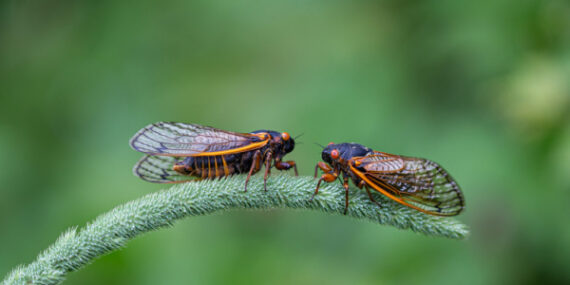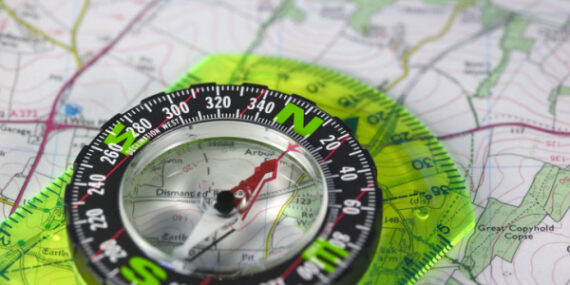5 great tips for sustainable summer living
Sustainable living treads lightly on natural resources and follows a rethink, reuse, repurpose mantra to minimize waste. Big and small wallet-friendly tips can help you save money and befriend our planet this summer, says Dr. Wynne Armand, a primary care physician at Harvard-affiliated Massachusetts General Hospital, and associate director of the Mass General Center for…









